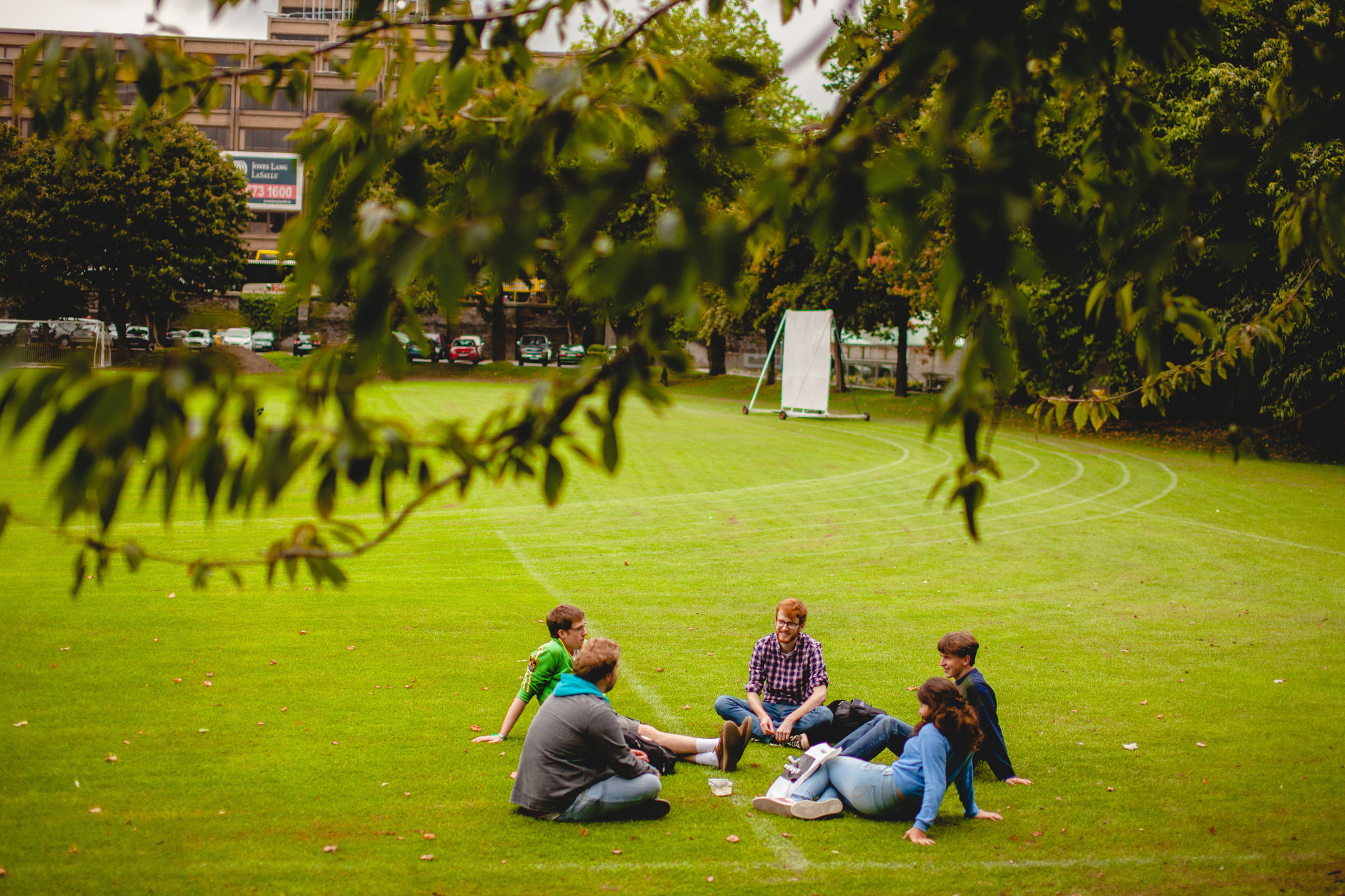Marcella Caruso | Contributing Writer
I walked into one of my first lectures in the Ed Burke, slightly hungover, somewhat recovering from Fresher’s flu, and plopped down in a seat ready to face one of the most daunting challenges of my life up until that point: trying to stay awake for the next 50 minutes. In the sea of similar victims of Fresher’s weekend, I spotted a balding, older gentleman in the front row. Professor? Visiting lecturer? Teaching Assistant? Friend of the lecturer who came in for this 9am just for fun? No, this was my first encounter with a mature student.
Until that moment, mature students had existed to me solely in the abstract. I pictured being a mature student as an interesting opportunity, but one rarely taken. It was just a box I scrolled by when filling out applications, like the ones asking if I was married or lived in a US territory. And yes, the mature students may still be a minority within the overall student population, but their presence is somewhat more noticeable, often from their frequent questions down in the front row of lectures.
Younger students sometimes scoff at them for asking questions that drag out or extend lectures, but more often they are just ignored. This raises the issue of whether or not that is a problem. After all, are they really here for the classic college experience, or just to get an education they might not have had the chance to receive when they were younger?
How easy is it to engage with a traditional college setting that seems built for young, rowdy, just-barely adults, still financially and often emotionally dependent on their parents?
Regardless, it’s admirable that they value education so highly that they are putting their life on hold to spend 4 or 5 years just learning. Meanwhile, many younger people are just here because we see it as the next logical and expected step in life, not because we are passionate about learning but because we are told it is essential for a financially successful future. For us, we were commended for our decisions to attend university, but I can imagine that for many mature students, they were questioned.
This year saw the introduction of the Opt-In Pin and a Mature Student Union Officer, both efforts aimed at making the mature student population more prominent and engaged. But how easy is it to engage with a traditional college setting that seems built for young, rowdy, just-barely adults, still financially and often emotionally dependent on their parents? Granted, we are all in the same courses, waking up for the same ungodly 9ams, but we are coming from completely different worlds.
That diversity, though, is a rightfully valued aspect of higher education, in part because it provides an informal education of acceptance, tolerance, and real-world experience that you can’t get from a textbook. So why do we look at mature students differently than we do LGBT students or Muslim or Jewish or Buddhist students, or ones from any of the other 121 countries that Trinity so proudly displays on the front page of their website?
We should value mature students as the role models they are, showing up to all the lectures and learning in order to understand rather than to cram.
We are generally raised to know that it is wrong to be racist, sexist, or homophobic. Especially at a place like Trinity, these attitudes are rightly criticised. Yet the issue of ageism is largely swept under the rug. Is it discrimination to not view the 60 year old man in your business lecture as equal to a 19 year old girl in your Sociology tutorial in terms of a potential friendship? We’d likely gravitate toward the younger person because we have more shared life experiences, because we listen to the same music and go to the same clubs. But is that a fair excuse? In most other contexts of life, young people would rarely consider befriending and fraternizing with someone more than 5 years older than themselves.
So is this a larger problem with society as a whole (i.e. should our general criteria for friendship be less limiting)? Or is it specific to university life, given that we are all united by our identity as Trinity students? At the very least, we should value mature students as the role models they are, showing up to all the lectures and learning in order to understand rather than to cram. They should serve as a daily reminder of why we are actually at Trinity when we stumble into class hungover after a night out.
It’s a bit of a complicated issue, and for that reason, it is too often swept under the rug. With their increasingly visible presence on campus, however, it’s time for us to reevaluate exactly how mature students fit into the fabric of student life.
Photo by Eavan McLoughlin for The University Times






